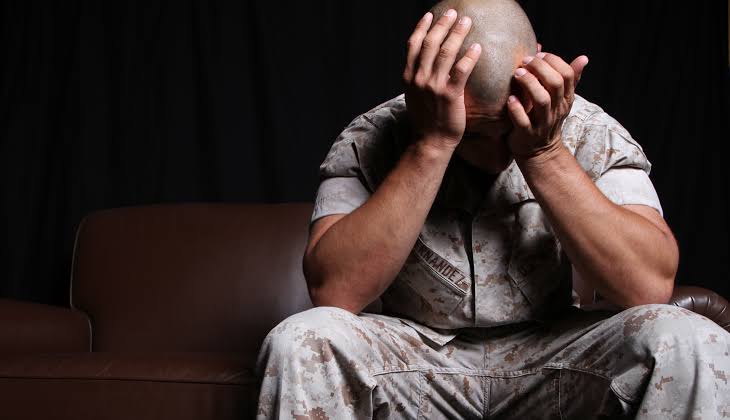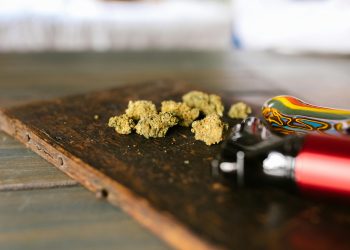Mental health disorders are common among veterans.
In fact, according to the National Alliance on Mental Illness, one in five veterans experiences a mental health disorder in a given year.
Veterans face a unique set of challenges that can contribute to mental health problems, including combat-related stress, physical injuries, and readjustment to civilian life.
As a result, many veterans require inpatient mental health treatment at some point in their lives.
Inpatient mental health treatment is a type of care that is provided in a hospital setting. Veterans who receive inpatient treatment are checked into the hospital for a set period of time, usually ranging from a few days to a few weeks.
During their stay, veterans receive 24-hour care from a team of doctors, nurses, and therapists. Inpatient treatment is often used when someone is experiencing a mental health crisis or is at risk of harming themselves or others.
It can also be used as part of a long-term treatment plan for more chronic mental illnesses.
Types of Inpatient Treatment Programs
There are a variety of inpatient treatment programs available for veterans. The type of program that is best for a particular veteran will depend on his or her unique needs and circumstances.
Some of the most common types of inpatient treatment programs for veterans include:
- Residential treatment programs: These programs provide 24-hour care in a structured environment. Veterans in residential treatment programs live at the facility where they receive treatment and participate in activities such as group therapy, individual counseling, and recreation.
- Partial hospitalization programs: Partial hospitalization programs (PHPs) provide intensive treatment during the day but allow patients to return home at night. PHPs typically involve 5-6 hours of treatment per day, including group therapy, individual counseling, and other activities.
- Intensive outpatient programs: Intensive outpatient programs (IOPs) are less intensive than partial hospitalization programs but more intensive than traditional outpatient therapy. IOPs typically involve 3-4 hours of treatment per week and may include group therapy, individual counseling, and other activities.
What is Veteran Inpatient Mental Health Treatment?
Veteran inpatient mental health treatment is a type of treatment that is provided in a hospital setting. This type of treatment is typically short-term, lasting anywhere from a few days to a few weeks.
During their stay, veterans will receive around-the-clock care from a team of doctors, nurses, and other mental health professionals.
How Can Veteran Inpatient Mental Health Treatment Help?
Veteran inpatient mental health treatment can help veterans suffering from mental health issues in a number of ways.
First and foremost, it provides them with a safe and structured environment where they can receive the intensive care they need to recover.
This type of treatment also allows veterans to be away from any triggers or stressful situations that may be present in their everyday lives.
What to Expect from Inpatient Treatment
When checking into an inpatient mental health facility, veterans can expect to undergo an initial evaluation.
This evaluation will help the treatment team determine what level of care is necessary and develop an individualized treatment plan. Veterans will also be assigned to a specific unit within the hospital based on their needs.
For example, someone who is experiencing delusions or hallucinations may be placed on the psychiatric intensive care unit (PICU) while someone who is suicidal may be placed on the suicide Prevention Unit (SPU).
Once they have been placed in the appropriate unit, veterans will participate in group and individual therapy sessions as well as other activities designed to promote recovery.
Family involvement is also encouraged as part of the treatment process. In addition to therapy, veterans will also receive medication management and other medical services as needed.
The length of stay will vary depending on each individual’s needs but is typically around two weeks.
Inpatient mental health treatment for veterans can be an important step in recovery for many veterans. If you or someone you know is struggling with a mental illness, please seek help from a qualified professional.
Treatment can make all the difference in managing symptoms and living a fulfilling life.





